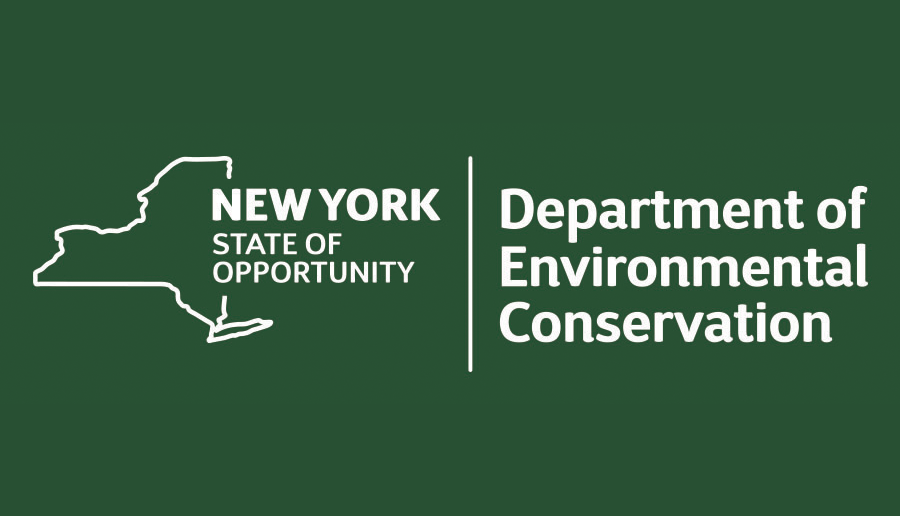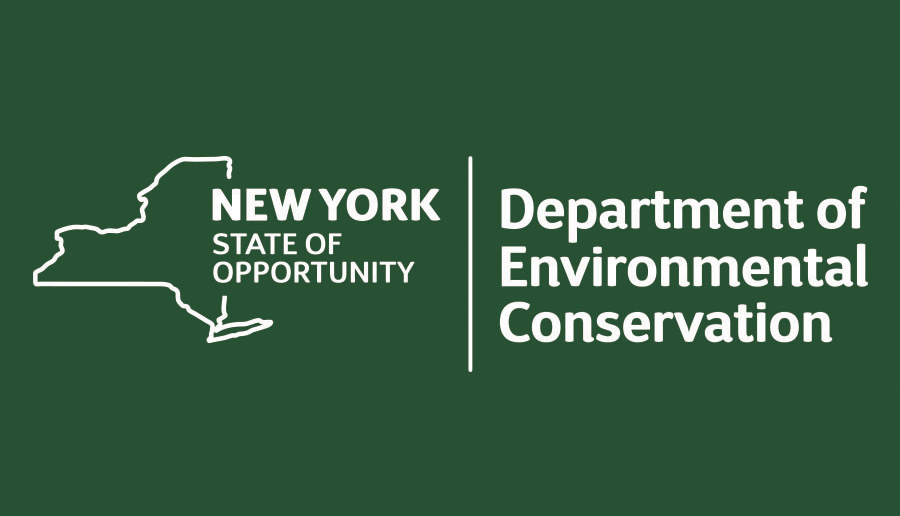Permitting in a Disadvantaged Community
October 9th, 2023

On September 27, 2023, NYSDEC published a draft guidance document (DEP 23-1) pertaining to permitting activities in or near disadvantaged communities. This affects many permitting activities including water withdrawal, air, oil and gas, and solid and hazardous waste permitting.
Applicants proposing permitting activities in or near disadvantaged communities will be required to submit a determination of disproportionate burden report. To do this, applicants will have to prepare a report which includes:
- Emissions Calculations/Modeling
- An identification of baseline emissions and potential existing environmental stressors in the disadvantaged community
- A demonstration of contributions of the proposed permitting action on the existing pollution burdens of the community
- An assessment of project design and community effects from the proposed action
In addition to this report, applicants will be required to complete a public participation plan which includes a public review and comment period.
As one can imagine, this could have detrimental consequences for applicants, causing delays in permit issuance, project delays, and increased budgets.
In HRP’s experience since the inception of the requirement to include a CLCPA demonstration, permit review timelines have increased significantly, often delaying issuance by several months to a year. CLCPA guidance has changed over time and NYSDEC asks applicants to comply with the guidance at the time of issuance, not necessarily at the time of application, which often means several iterations of the CLCPA demonstration are required.
Additionally, with this new guidance requiring a public participation plan, applicants will have to provide opportunity for public review and comment, further increasing application timeframes. For example - before CLCPA we were typically advising 6 months until an air permit issuance, now we’re telling clients to allow for 12-18 months. Obviously, this has major impacts on project planning and future revenue.
Although this may seem like a lot to consider when it comes time for your next permit application, HRP has extensive experience navigating the changing CLCPA requirements and is continuing to monitor NYSDEC’s initiatives.
Author: Allison Tyropolis
Director of Compliance Engineering |Environmental Health & Safety








